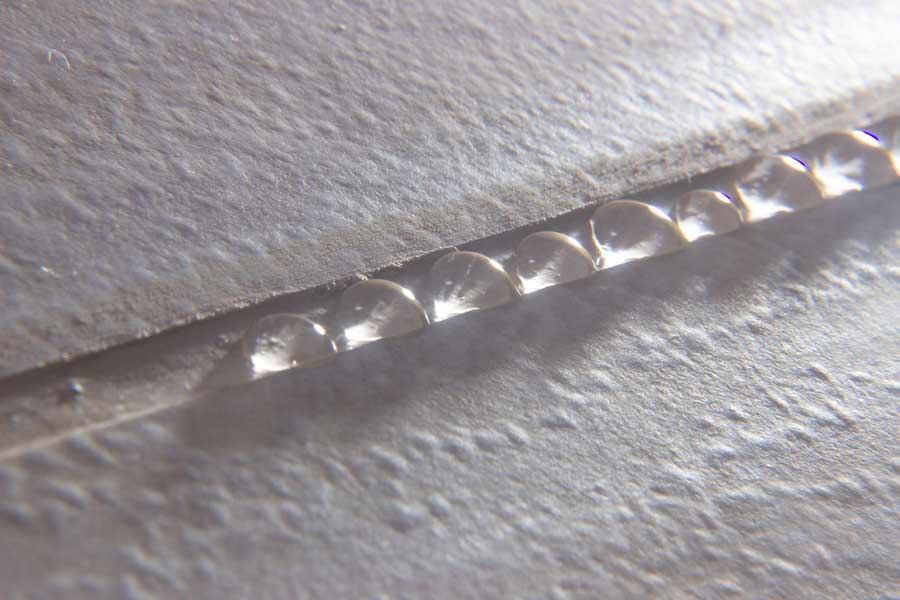Blog Stone Maintenance Tips & Information
A Guide to Sealing and Resealing Natural Stone

Natural stone adds timeless beauty to your spaces, but to preserve its luster and durability, sealing is often essential. Different types of natural stone have unique characteristics, and not all require sealing. Here's a guide from Stone Restoration Works to help you understand which natural stones need sealing and signs indicating it's time for resealing.
Types of Natural Stone That Need Sealing
Travertine
This porous stone is prone to staining and benefits from sealing to prevent liquid penetration.
Marble
While marble has a polished surface, it can still absorb liquids. Sealing helps protect it from stains and etching.
Granite
Though granite is less porous, some varieties may benefit from sealing to enhance stain resistance.
Limestone
This soft and porous stone requires sealing to prevent damage from spills and moisture.
Slate
Sealing slate enhances its natural colors and provides protection against stains.
Sandstone
Often used in outdoor settings, sandstone should be sealed to resist weathering and staining.
Signs Your Natural Stone Needs Resealing
Now that we understand which types of stone benefit the most from regular sealing, let’s take a look at some signs that signal that it is time for you to reseal.
Water Absorption
If water drops are absorbed quickly into the stone, it might be time to reseal.
Stains
Visible stains or discoloration indicate that the stone's protective seal has worn off.
Dull Appearance
A loss of shine or gloss suggests that the sealant has diminished.
Etching
Acidic substances can etch the surface of some stones. Resealing helps prevent this.
Scratches and Wear
High-traffic areas may show signs of wear, indicating a need for resealing.
Fading Colors
If the vibrant colors of your stone have faded, resealing can revive its appearance.
Regularly inspecting your natural stone surfaces and understanding their unique sealing requirements can help you maintain their beauty and longevity. For professional advice and stone restoration services, contact Stone Restoration Works today. We would be happy to reseal your natural stone!
By Stone Restoration Works 12-12-2023
